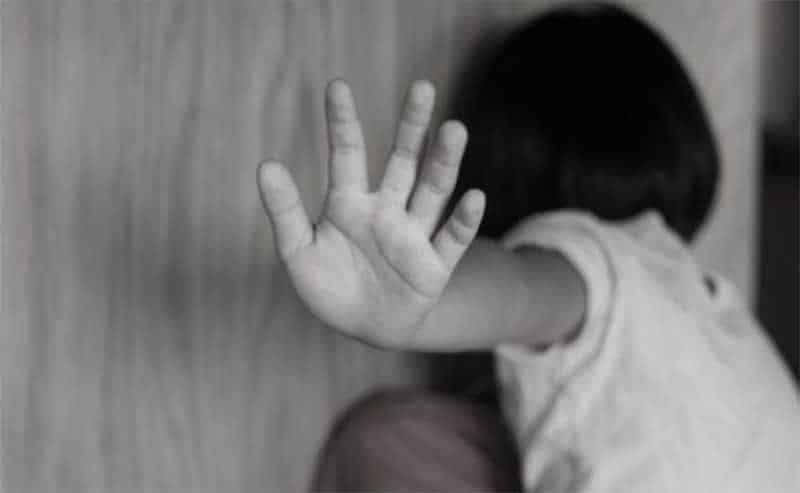A health ministry decision mandating all adult rape and sexual violence victims go to Nicosia’s Makario hospital for any examination, irrespective of which city they live in, has sparked a barrage of fury and concern.
The issue came to light earlier this week by Akel MP Giorgos Koukoumas, who raised the issue with the health ministry. He referred to a case where two women in Paphos reported being raped in September but it took 12 hours for their examination to be completed.
Both had to be transferred from the Paphos general hospital to Makario hospital in Nicosia.
Process could deter victims
Chief scientist Andri Andronikou at Spavo NGO which deals with preventing and handling domestic violence, told AlphaNews that this policy is concerning both for the emotional impact it has on victims but also due to fears on the impact to forensic evidence.
Andronikou said they had received multiple complaints over the matter. “What we have heard is that victims suffer greatly coming from different cities to Nicosia. It was also a long process.”
“This is distressing for victims both emotionally and physically. This distress could potentially put victims off from moving forward in this process.”
Facilities exist but not used
She added there are also concerns that during the transfer, some of the evidence may be impacted as multiple people go in and out of an ambulance every day.
Andronikou also underlined that Spavo also has the Women’s House (Σπίτι της Γυναίκας) under its umbrella, which has a designated space for a medical examination for sexual violence cases.
As of today, it is not operating.
“The equipment is there but the place is not used by state pathologists. Perhaps there’s procedural issues or no relevant instructions,” she said.

Police also oppose decision
Head of the police department handling vulnerable individuals Kyriaki Lambrianidou told AlphaNews the policy is concerning, particularly if the victim is outside of Nicosia.
Already, the victim is suffering from a very traumatic ordeal and the transfer only compounds to the stress, she added.
“A solution should be found to benefit the victim.”
Lambrianidou stressed the health ministry decision does not affect police investigations “but it is important that state pathologists respond immediately, taking into account the vulnerability of victims with crimes of this natures, as well as their need for safety and protection.”
She stressed police will continue working towards finding a solution.
‘Matter of ethics’
The broadcaster published a letter by the health ministry’s permanent secretary Christina Yiannaki dated October 3 which details that where an adult is concerned or minor that reports physical abuse, the examination will be carried out exclusively at the Makario hospital.
It is described as the only hospital unit with 24-hour care offered by gynaecologists, rather than being on call.
More importantly, the letter says this is the only facility with ‘friendly’ spaces that can accommodate victims of violence, as opposed to other hospitals where victims would have to sit at a waiting area with other patients.
Minors will be taken to the Hope for Children facility or the Makario hospital, depending on the individual case.
As such, overtime and fuel costs will not be compensated for pathologists who do not adhere to these rules, Yiannaki’s letter concluded.
State pathologist Angeliki Papetta told AlphaNews the transfer is not a difficult process, as the distances in Cyprus are not particularly large.
Beyond the medical aspect, it is also a matter of ethics, she underlined as district hospitals have other specialties such as an ER with plenty of other patients waiting.
As such, carrying out an examination there would likely expose the victim, Papetta underlined.
She added there are only three state pathologists working in Cyprus who rotate their shifts.

